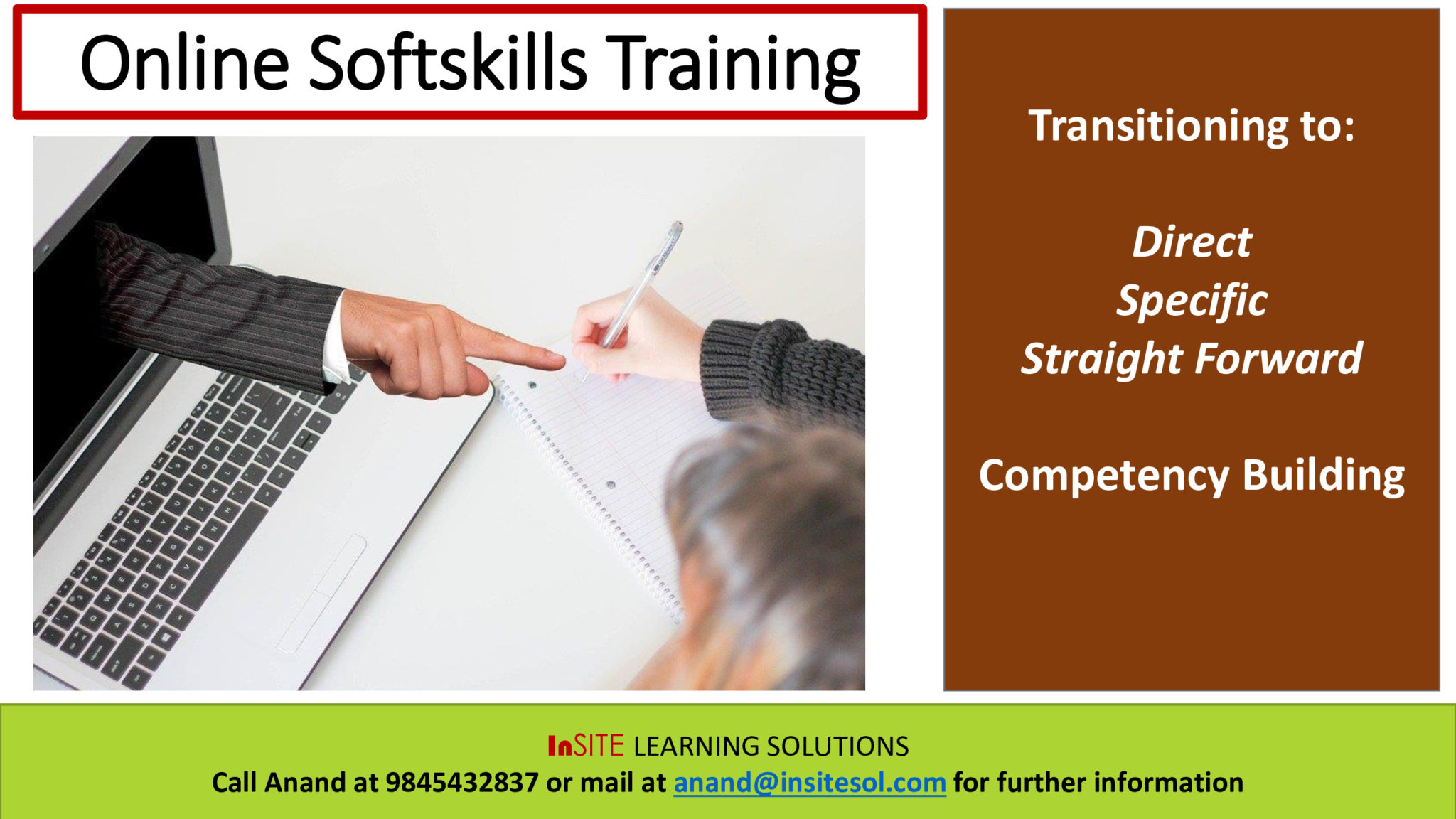In today’s fast-paced world, the ability to effectively manage time can significantly impact one’s efficiency, stress levels, and overall well-being. Here’s a comprehensive guide to mastering the art of time management with practical productivity hacks for professionals.

Understanding the Importance of Time Management
Time management is a crucial skill that impacts various aspects of our lives. Effectively managing time means using it wisely and productively. It’s about making the most of the 24 hours we have each day. When we manage our time well, we’re able to prioritize tasks, set achievable goals, and maintain a healthy balance between work and personal life.
Professionals particularly benefit from good time management. It allows them to handle their workload efficiently, meet deadlines, and reduce stress levels. It’s not just about doing more in less time; it’s also about doing the right things at the right time. By mastering time management, professionals can boost their productivity, which often leads to greater success in their careers.
Understanding the significance of time management empowers individuals to make conscious choices about how they allocate their time. It’s not just a matter of filling up hours; it’s about making deliberate decisions that align with personal and professional goals.
Principles of Effective Time Management
Effective time management revolves around several key principles that form the foundation for maximizing productivity and achieving goals. Here are some crucial principles:
Prioritization:Identifying and prioritizing tasks is fundamental. Not all tasks hold equal importance or urgency. It’s essential to differentiate between what’s urgent, important, and what can wait. Tools like the Eisenhower Matrix help categorize tasks based on their significance, aiding in better decision-making.
Setting Clear Goals: Establishing clear, specific, and attainable goals is crucial. SMART goals (Specific, Measurable, Achievable, Relevant, Time-bound) provide a roadmap, guiding efforts toward accomplishing tasks effectively and efficiently.
Planning and Organization: Developing a structured plan and organizing tasks are pivotal for successful time management. Utilize planners, calendars, or digital tools to schedule activities, meetings, and deadlines. Breaking larger tasks into smaller, manageable steps makes them less overwhelming and more manageable.
Avoiding Procrastination: Procrastination is a significant impediment to effective time management. Understanding its root causes and employing strategies like the Pomodoro Technique (working in focused intervals) or the Two-Minute Rule (immediate action on tasks taking less than two minutes) can combat procrastination tendencies.
Productivity Hacks for Professionals
Time Blocking: Allocate specific blocks of time for different tasks or activities. This prevents multitasking and helps maintain focus on one task at a time.
Use of Technology: Leverage productivity apps and tools such as project management software, time tracking apps, or calendar applications to streamline workflows and manage time efficiently.
Delegate and Outsource: Recognize tasks that can be delegated or outsourced to others, allowing professionals to focus on high-priority tasks that require their expertise.
Regular Breaks and Mindfulness: Incorporate short breaks into the workday to recharge. Practices like mindfulness, meditation, or deep breathing exercises can enhance focus and productivity.
Learn to Say No: Prioritize tasks aligned with your goals and politely decline tasks that don’t contribute to your objectives. This helps in maintaining focus on what truly matters.
Continuous Improvement: Reflect on your time management strategies regularly. Identify what works best and adapt or refine your approach to enhance productivity further.
Balancing Work and Personal Life
Effective time management isn’t just about professional tasks; it’s also about creating a balance between work and personal life. Set boundaries, allocate specific time for personal activities, and disconnect from work during non-working hours to avoid burnout and maintain overall well-being.
Conclusion
Mastering the art of time management involves a combination of self-discipline, effective planning, and utilizing the right tools and strategies. By implementing these productivity hacks and principles, professionals can enhance their efficiency, reduce stress, and achieve a more fulfilling work-life balance.
Mastering the art of time management involves a combination of self-discipline, effective planning, and utilizing the right tools and strategies. By implementing these productivity hacks and principles, professionals can enhance their efficiency, reduce stress, and achieve a more fulfilling work-life balance.
Remember, time is a valuable resource; managing it wisely can pave the way for both professional success and personal satisfaction. If you are looking to improve your time management skills then Register now for the Time Management Skills Webinar or contact us to know more

